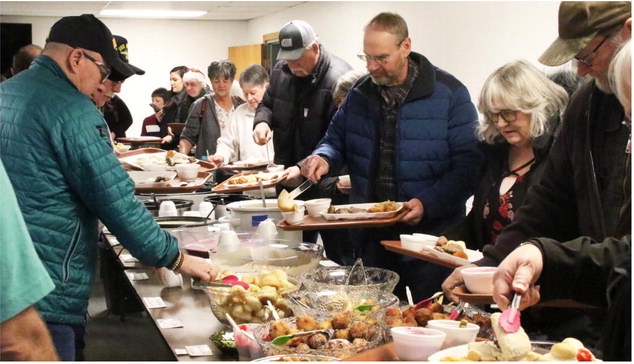Montana Supreme Court Upholds Right To Know, Rejecting Legislative Secrecy
Montana’s Supreme Court has reaffirmed the state’s longstanding commitment to government transparency, rejecting efforts by lawmakers to conceal the inner workings of the legislative process. The ruling in Saslav v. Howe is a victory for open government advocates and a critical test of the state’s constitutional right to know. At the heart of the decision was whether the Montana Legislature can invoke legislative privilege to withhold bill drafting records - known as junque files - from public scrutiny.
Junque files often contain communications between lawmakers, lobbyists, legislative staff, and other stakeholders, detailing proposed amendments, policy discussions, and the influence of interest groups on bill drafting. Public access to junque files is critical for ensuring government transparency and accountability, as they reveal the influence of lobbyists and interest groups on legislation, helping to prevent undue influence, corruption, and secret policymaking.
The court’s decision comes after months of legal wrangling between state officials and a coalition of public interest groups and journalists, who argued that the public has a constitutional right to access these records.
A Tradition of Transparency in Jeopardy Montana’s right to know is enshrined in Article II, Section 9 of the state’s constitution, one of the strongest public access provisions in the country: “No person shall be deprived of the right to examine documents or to observe the deliberations of all public bodies or agencies of state government and its subdivisions, except in cases in which the demand of individual privacy clearly exceeds the merits of public disclosure.”
But this provision came under attack in 2024 when the Legislative Services Division adopted a policy that required legislators’ approval before junque files.
The move drew immediate backlash. Government watchdogs warned that the policy could allow lawmakers to craft legislation in secret, influenced by lobbyists without public oversight. In October 2024, a coalition of plaintiffs filed suit against the Legislative Services Division, arguing that withholding junque files violated Montana’s constitutional right to know. Several major media organizations later joined the case, emphasizing the critical role of transparency in investigative journalism and democratic accountability.
The case was heard in the Eighth Judicial District Court in Cascade County. The District Court found that the Legislative Services Division had a “clear legal duty” to disclose bill drafting records and issued an injunction barring the enforcement of the new secrecy policy.
The state appealed, and on January 28, 2025, the Montana Supreme Court denied the government’s emergency request to stay the district court’s ruling. In a sharply worded order, the justices criticized the state for failing to follow proper legal procedures and reaffirmed that the right to know takes precedence over untested claims of legislative privilege.
What This Means for Montana’s Right to Know The court’s decision is a major win for government transparency and an affirmation that legislative privilege does not override the public’s right to access government records. It ensures that Montanans will continue to have insight into the legislative process, including the role that lobbyists and special interests play in shaping state law.
However, the battle over transparency is not over. The state could appeal the decision, or the legislature could pass new laws codifying legislative privilege. But for now, Saslav v. Howe marks a critical moment in the fight to keep our government open and accountable.
In a state that has long prided itself on citizen involvement and government openness, this ruling is a reminder that democracy depends on transparency— and that the public’s right to know is worth defending.

